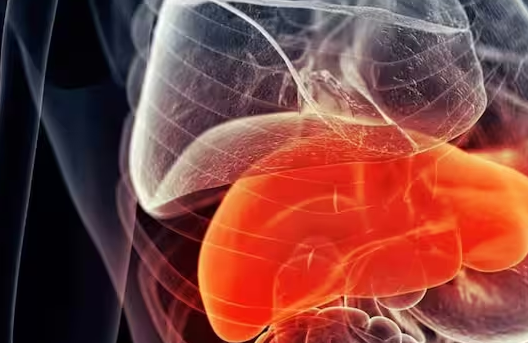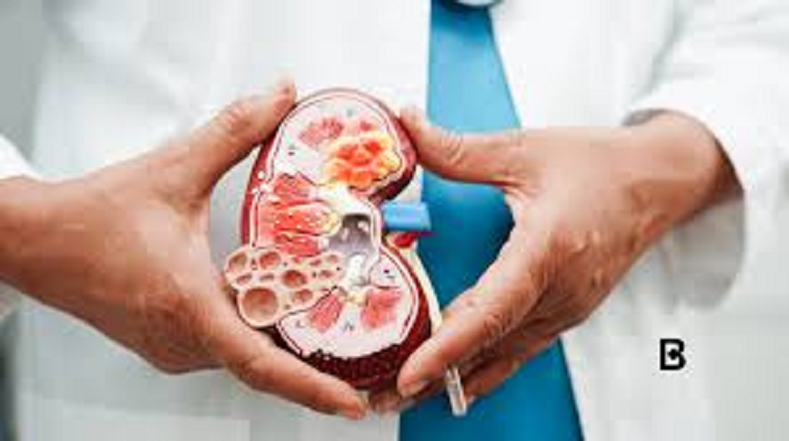How to detect kidney failure early: If you notice these symptoms as soon as you go to bed, rush to the doctor immediately
- bySherya
- 06 Oct, 2025

Kidney disease: The kidneys are one of the most important organs in the human body. Let us explain how to tell if your kidneys are about to become damaged and what the symptoms are.

Early Signs Of Kidney Damage: Kidneys are one of the most vital organs in our body. They perform many important functions, such as eliminating waste products, maintaining body fluid balance, and filtering blood. This is why various measures are taken to keep the kidneys healthy so that the body can continue to function properly. Sometimes we ignore them, thinking they will have no effect. However, both small and large factors related to our lifestyle can have an impact on them. Let's explore the symptoms of kidney damage.
How to know if the kidneys are failing or not?
The kidneys contain tiny filtering units called nephrons. When these don't function properly, the kidneys stop functioning properly. This is known medically as nephrosis. This is a term used to describe kidney damage. While it's not a disease, if left untreated, it can lead to serious problems later. Some of the causes are already apparent; let's explain them.
What are the symptoms?
According to the Cleveland Clinic, some of its symptoms begin to appear while still in bed, the first of which is excessive protein in the urine. This is considered the most important symptom, in which, when you urinate, more protein is released than normal, due to which the urine appears foamy. The second most common cause is a lack of protein in the blood. The reason behind this symptom is linked to the first reason; due to excessive protein being released in the urine, the amount of protein in the blood is not replenished.
The third reason is fatigue and weakness. A lack of adequate protein and energy in the body can cause fatigue. Loss of appetite and swelling can also be symptoms. Additionally, symptoms include decreased urination, a sudden increase in blood pressure, and, in some cases, blood in the urine. If you experience any of these problems, you should immediately consult a doctor so that appropriate treatment can be provided at the right time.





